Last updated on Oct 15, 2025
How to Get “Writing a Novel” off Your Bucket List
About the author
Reedsy's editorial team is a diverse group of industry experts devoted to helping authors write and publish beautiful books.
More about the Reedsy Editorial Team →Martin Cavannagh
Head of Content at Reedsy, Martin has spent over eight years helping writers turn their ambitions into reality. As a voice in the indie publishing space, he has written for a number of outlets and spoken at conferences, including the 2024 Writers Summit at the London Book Fair.
View profile →Natalie Barelli harbored a dream that's all too familiar for our readers — writing a novel. An IT professional writing a psychological thriller might have seemed like a pipe dream, but persistence led to a book which by all accounts is a real page-turner. If "writing a novel" is still on your bucket list, you'll find some good inspiration and advice below!
Edit: Just 6 months after publishing "Until I Met Her", Natalie Barelli got signed by Amazon Publishing's imprint Thomas & Mercer. You can read about how that happened here.
It was a conversation about bucket lists that got me started. Over a glass of wine — or ten, let’s be honest — my friend and I were lamenting the fact that it’s so easy to put something into the bucket list, but almost impossible to get it out again.
So we decided to pick one each, and get on with it. And mine was to write a novel. More specifically, a psychological suspense novel, because I love them. I read them all the time, I am addicted to them, and find them to be great stories. Ironically, I didn’t use to enjoy writing very much, but I have always loved stories, and the idea of them. And of course probably like anyone who has ever wanted to write a novel, I thought I could write one because I love reading them.
Having decided to learn the art of novel writing, I figured there must be structures out there that I could follow, something akin to the three-act paradigm used in film narratives. I was hoping for a “join the dots” style model, something along the lines of “kill someone in chapter 1” and “throw in a suspect in chapter 3” and then link ‘em up in chapter 2.
Free course: Create a Solid Writing Routine
Learn to banish your procrastination gremlins and finish writing your book. Get started now.
How to Write a Novel?
I’m a bit of a podcast tragic. They’re terrific because you can learn something, AND clean your house at the same time. So I went on a search and low and behold I found it. The Creative Writers’ Toolbelt by Andrew Chamberlain. I started at the beginning: Episode 1, Show don’t Tell. It’s strange to type those words and reflect that a couple of years ago, I’d never heard of the classic concept of Show Don’t Tell. Nor had I heard of pantsers, plotters, inciting incidents, plot points, hero’s journeys, etc, and now these terms are part of my language and I think of them every day. But back then, and this is a couple of years ago now, they may as well have been Swahili.
Google being my friend, I next found out about Nanowrimo, the national writing month initiative where basically you sign up and write a novel in a month, or at least 50,000 words of it. I didn’t complete the novel, nor did I write 50,000 words. I got stuck because I hadn’t sufficiently plotted myself into 1,666 words a day but still, I made a mightily impressive start, then went back to my podcast to map out the rest.
The self-publishing space is filled with generous people. There is so much helpful information out there and my next addiction was Joanna Penn’s The Creative Penn podcast. Among the myriad of fascinating tidbits she offers every week, one thing she comes back to is the importance of editing. Of course it’s not just Penn, but it is through her that I understood that this was a step that was not to be compromised on.
Yes, I Do Need an Editor
When you know nothing and nobody, it’s not easy to find an editor. Who would you choose? and why pick that one? The editor you would trust would be one that has edited books in a genre similar to yours, preferably successful books that you know, and for extra bonus books you love. But Google is not so friendly as to offer: "For the editor who has edited everything by Sophie Hannah, click here."
Enter Reedsy.
I read about Reedsy on The Guardian newspaper’s website. I signed up, and it was amazing. A smorgasbord of book publishing professionals who edited successful books in a genre similar to mine stared back at me. I loitered a while, with intent, while finishing my draft, and in my inbox popped Ricardo: We’re here to help.
I was far from ready for an editor, I was just lurking. But Ricardo was there to help and after an exchange of “what’s your book about”, “why don’t I make some recommendations” and “get in early because these people are very good, and very busy” he sent me a list of five editors that I might like.
It was such fun to read through these editors’ profile and past experience, and know I could pick any one of them — if they’d have me that is. I picked two for my shortlist.
I knew very little about editing, I still don’t. I couldn’t even explain properly what I was looking for other than “everything please”. Both Katrina Diaz and Aja Pollock came back not just with quotes, but with compelling descriptions of what they were offering, Katrina making a great case for a structural edit, and Aja similarly for a content edit. So I did what any self-respecting credit card carrier would do and I accepted both quotes — I was hardly going to pass up these opportunities — and set out to complete my second draft and for the first time it felt real, this novel, and it was beyond exciting.
Getting Katrina’s report was wonderful. She’s incredibly supportive and it’s validating to receive that sort of feedback. It’s also the first time someone had read the novel. I don’t know about you lot, but from the amount of response I got from my husband and friends having given them the draft novel, I may as well have asked my cat.
But of course in this case it’s not just about validation, it’s well and truly about improving the novel. It’s about the corrections and suggestions that stirred the story into its current form. They were so spot on, and so clever, and so intimate to the story, it was like gently taking a character by the shoulders and turning her slightly in this direction, so that suddenly her motivations were not so obvious anymore, and the event that defined her true goal became shocking, instead of foreshadowed.
Oops... What Have I Done!
I gleefully took on everything Katrina suggested, and got the next draft ready for Aja. I’ve said before I know nothing about editing and its variations, but in my defense, it’s a mightily confusing world out there. It’s like ordering a coffee or trying to buy milk. Copy, developmental, structural, there were so many kinds of editing out there and I had no idea which one I needed.
Reedsy helpfully guides us through this but then as a first-time author, podcast tragic, and audiobook addict, one is invariably faced with the next hurdle: too much information at the same time.
Shortly after sending Aja the draft, I was dusting bookshelves while listening to David Gaughran’s excellent Let’s Get Digital, and I can still remember the panic in my chest when I got to the part about Working with an Editor. There’s a section that describes the differences between content and copy editing. Did I accidentally commission the same work twice? I had meant for the second edit, Aja’s edit, to be the last major one. I went back to Reedsy’s description of the editing services and tried to convince myself it would be fine, but not very successfully, and at 2am I messaged Aja: I’m having a nightmare about editing variations.
She was wonderful. She understood completely what I was after and was even willing to change the service if I wanted, having already quoted, but there was no need, she was doing the edit I was after anyway, which is to say everything. I can’t begin to convey the relief I felt.
It’s exhilarating and intimidating at the same time to open your draft and see the suggested edits, and to be fair both Katrina and Aja did a fine job in softening the blow. But there were corrections everywhere, it’s like someone re-writing your novel. It makes you wonder why they don’t insist on a co-author credit frankly.
"It’s exhilarating and intimidating to open your draft and see the suggested edits."
Click to tweet!
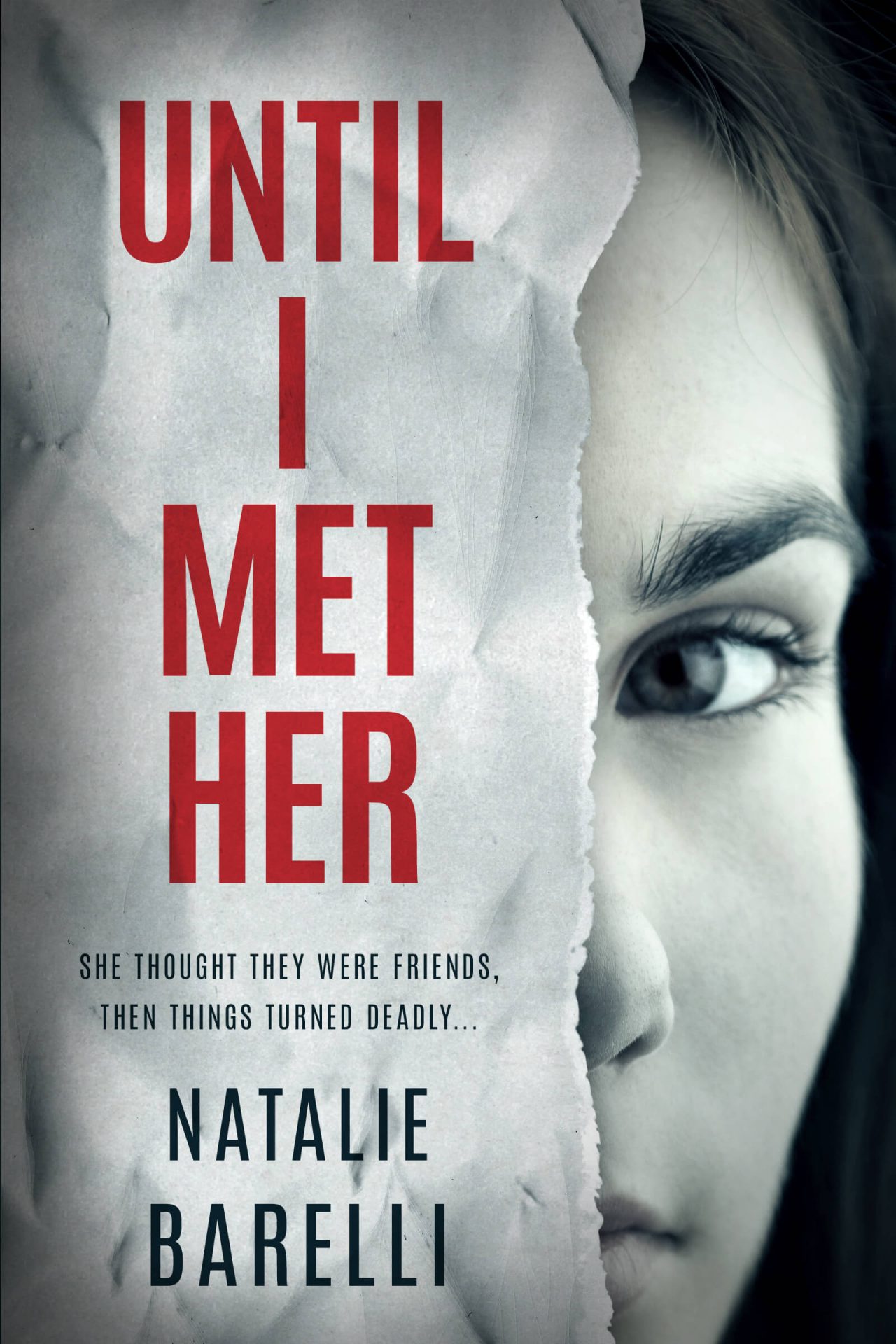 I got one item out of my bucket list, my house has never been so clean, and I published Until I Met Her on Amazon on 16 June, ten days ago at the time of writing this. To date the novel has received seven five-star reviews, all of which point to a good plot and good writing.
I got one item out of my bucket list, my house has never been so clean, and I published Until I Met Her on Amazon on 16 June, ten days ago at the time of writing this. To date the novel has received seven five-star reviews, all of which point to a good plot and good writing.
I sure didn’t get those on my own.
Until I Met Her here is now available on Amazon, so make sure to get your copy!
How close are you to finishing your first novel? Does Natalie's story sound like a day out of your life? Please share your thoughts and experiences, or any question for Natalie, in the comments below!

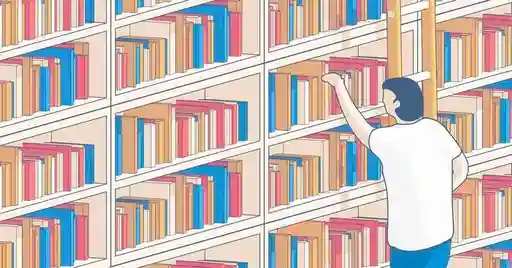
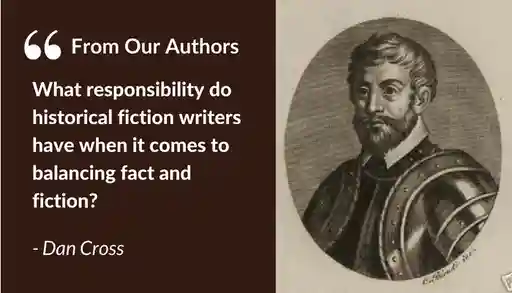
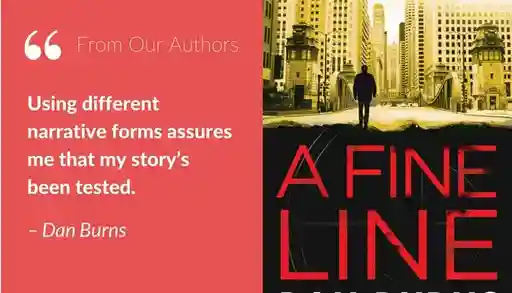
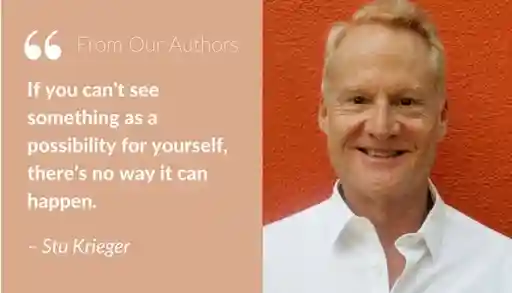
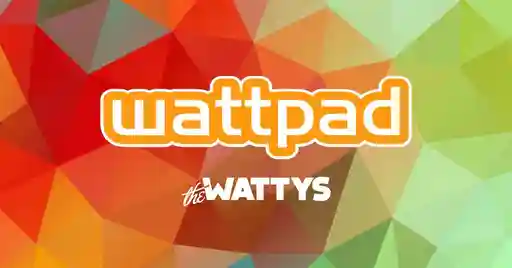
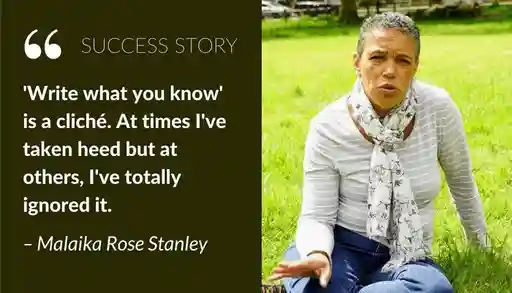

3 responses
Dominique Malherbe says:
05/07/2016 – 08:38
How wonderful Natalie that you ticked off a bucket list item! I loved reading this as I experienced very much the same - as I'm sure most first time authors will- when I decided to complete my book too. Thrilled hear how REEDSY helped you as I have done the same (premature!) checking out of services they offer and but slightly nervous of the whole digital side of it. I worked with a local editor who I could meet with and chat face to face which I found more comforting but perhaps you have given me the reassurance to do it with REEDSY this time! Well done again! Love to say I will support you with purchase on Amazon but your genre is not mine so sadly I won't ! All the very best though and thanks again for sharing!x
↪️ Natalie Barelli replied:
05/07/2016 – 13:30
Thanks Dominique! I really appreciate your comment. Interesting to hear your take on working with a local editor, I didn't even think of it to be honest. Working via email worked very for me. Congratulations on your own book and all the best :)
Kristen Steele says:
01/08/2016 – 17:42
Congrats! So many people create a bucket list. So few check items off of that list. There is so much great info here for new authors and thanks for including all of these awesome resources.